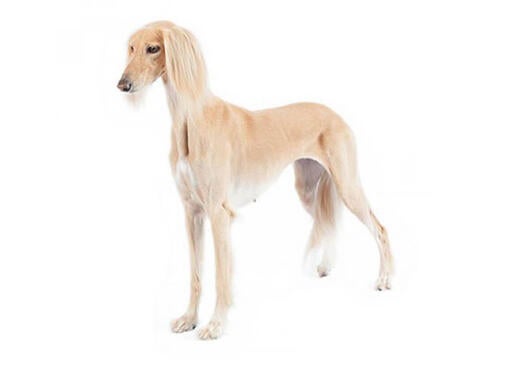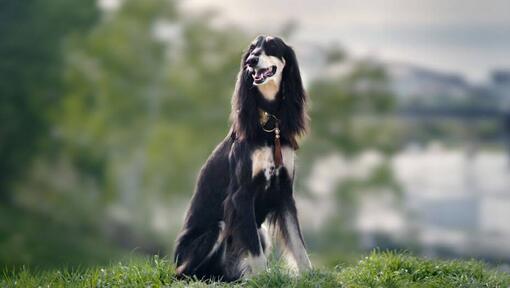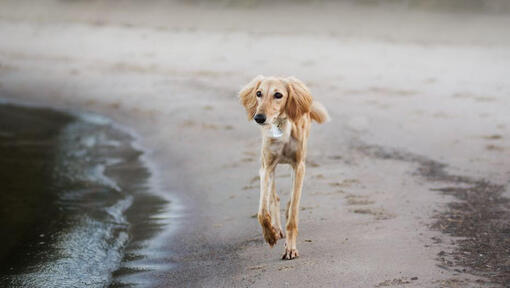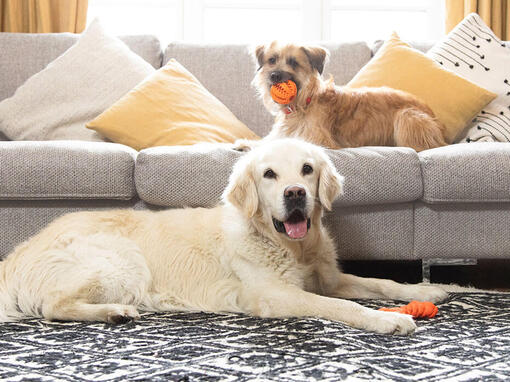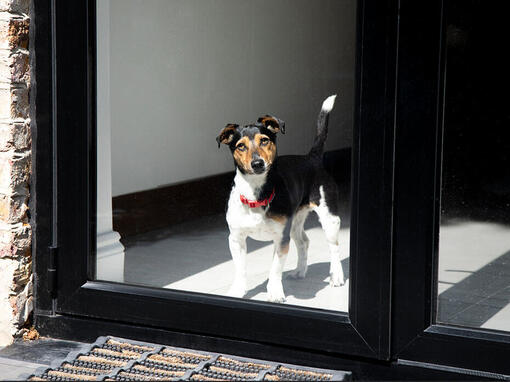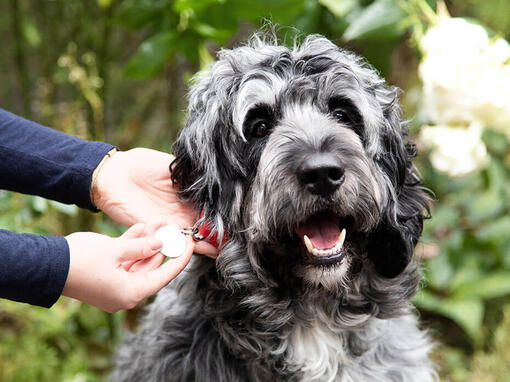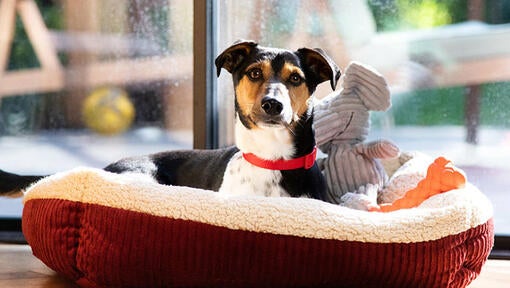- Dog suitable for owners with some experience
- Some training required
- Enjoys active walks
- Enjoys walking an hour a day
- Medium dog
- Some drool
- Requires grooming every other day
- Non hypoallergenic breed
- Quiet dog
- Not a guard dog
- May require training to live with other pets
- May require training to live with kids

